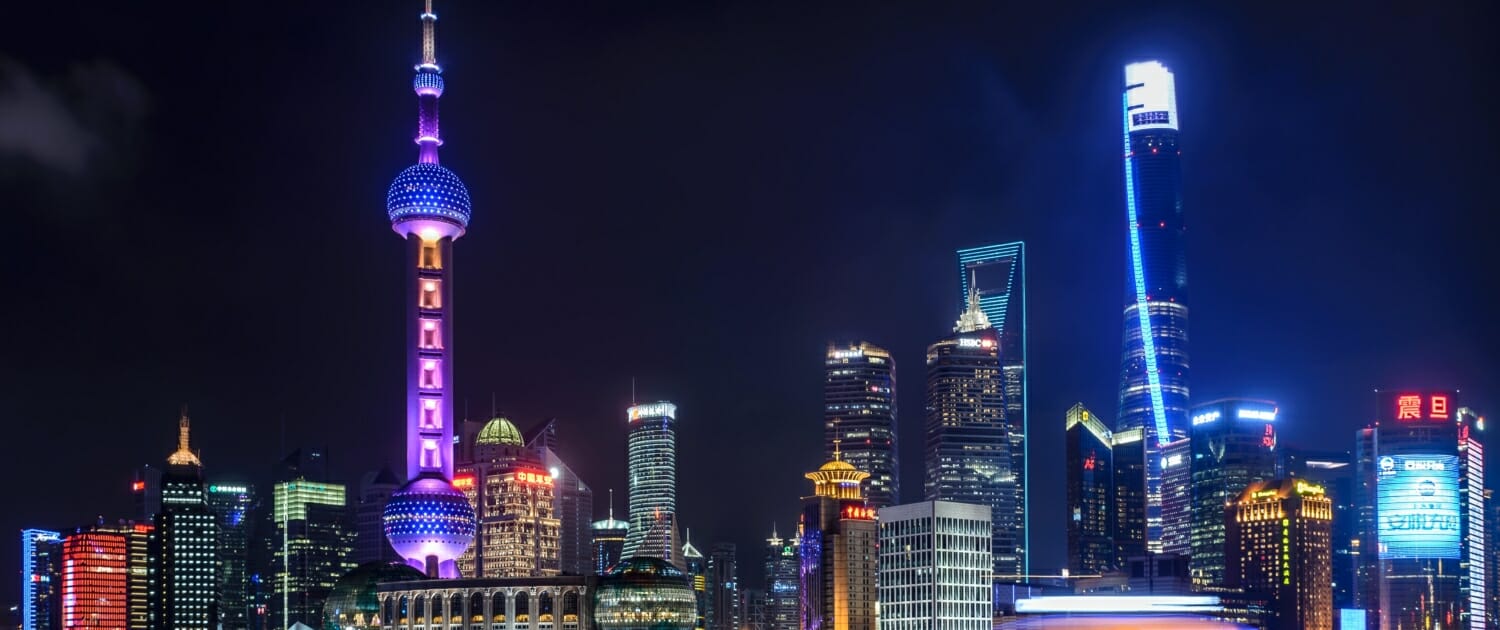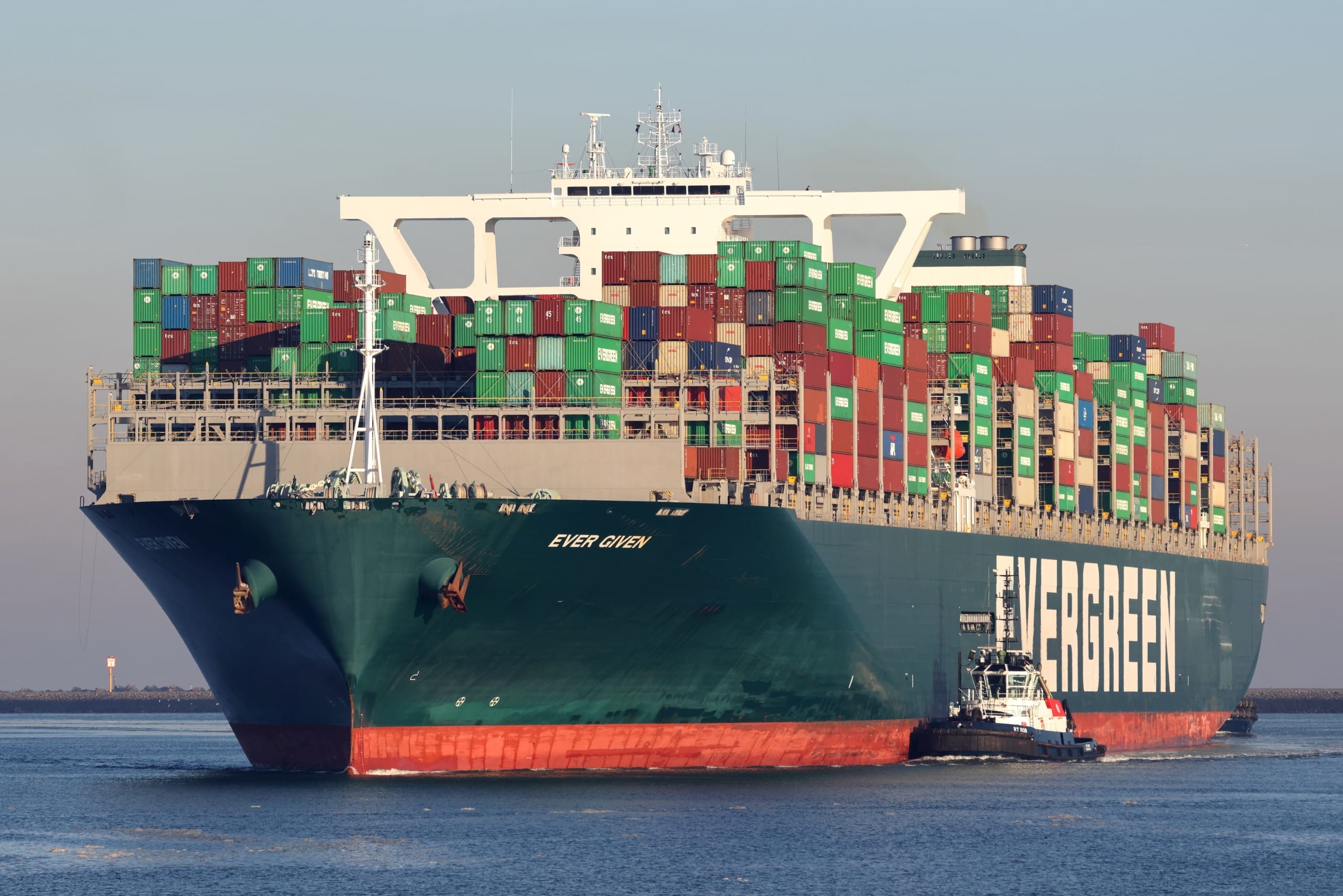In the ever-evolving landscape of global manufacturing, the supremacy of China is undergoing a notable transformation according to the article from The Washington Post titled ”U.S. companies are buying less from China as relations remain tense” that examines how countries such as Mexico, Vietnam, and Thailand are making incremental gains in challenging China’s manufacturing dominance, despite lacking China’s sheer scale and world-class infrastructure.
The article delves into the evolving economic dynamics, particularly within the United States and China, and how these changes are impacting trade relations. It highlights the persistent efforts of Mexico, Vietnam, and Thailand to attract manufacturing investment from companies seeking alternatives to China. These countries have positioned themselves as competitive manufacturing hubs, offering favorable conditions such as lower labor costs, proximity to major markets, and strategic trade agreements.
Key Takeaway: The most significant takeaway from the article is the gradual shift in manufacturing focus from China to other Asian countries, with Mexico, Vietnam, and Thailand emerging as notable contenders. These countries are strategically nibbling at China’s dominance, leveraging their own unique strengths to attract businesses looking to diversify their supply chains. While they may lack China’s immense size and well-established infrastructure, their growing influence signifies a noteworthy transformation in the global manufacturing landscape.
What can’t be ignored however is that supply chains that have taken 30 years to establish will not change in even three years.While companies are likely prompted to reevaluate their manufacturing strategies,supply chain resilience will continue to look like a China + consideration.
Contact Us






Follow Us